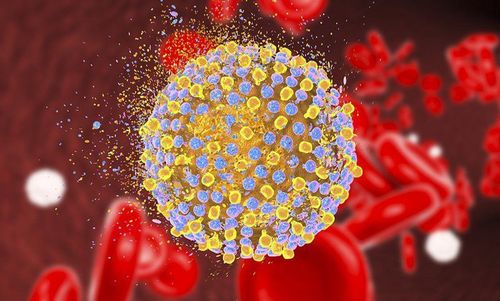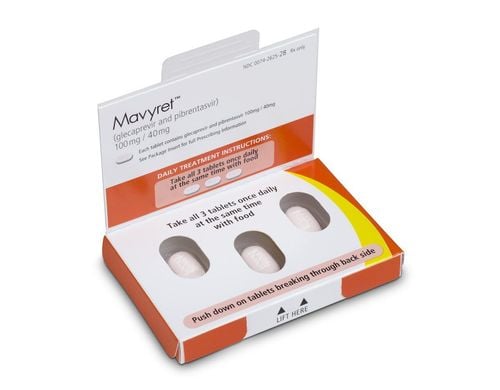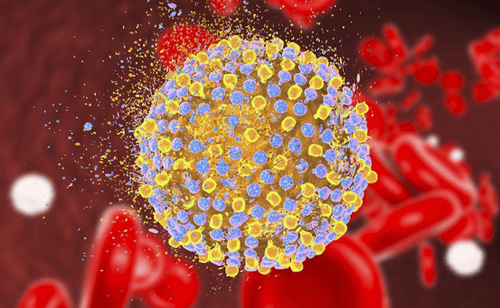This is an automatically translated article.
The article is consulted by Master, Doctor Nguyen Thi Nhat - Infectious Diseases - Department of Medical Examination & Internal Medicine - Vinmec Hai Phong International General Hospital.1. What is Hepatitis E?
Hepatitis E is a disease caused by the HEV virus. The HEV virus is a single-stranded positive, non-enveloped RNA. Hepatitis E is an infectious disease that can lead to complications such as hepatitis and even death.Hepatitis E is not as dangerous as hepatitis B, hepatitis C, the disease can go away on its own after a period of eating well, resting, limiting foods that are harmful to health or recovering after use Add some supportive medicine.
Hepatitis E has an incubation period of about 3 - 8 weeks. It is difficult to determine a specific time because the stages of hepatitis E infection are not clear, there are no specific symptoms. The disease is common in people between 15 and 40 years old and is especially dangerous for pregnant women, especially pregnant women in the last 3 months of pregnancy.
2. Is hepatitis E virus transmitted through blood?
The route of transmission of hepatitis E is mainly through the gastrointestinal tract (fecal-oral route), by humans ingesting foods and drinking water contaminated with this virus. Some other ways of transmission of the virus are: transmission through infected blood or from mother to child during pregnancy. However, this is a very rare case and hardly ever encountered.
3. Symptoms of Hepatitis E
Like other hepatitis, symptoms of hepatitis E in the early stages are often not obvious. These symptoms are usually very mild and last for a few days, as long as a few weeks. The diagnosis of hepatitis E is based on tests that detect IgM and IgG antibodies in the blood.After the incubation period, when the virus begins to attack the body, the patient may experience flu-like symptoms, for example: fatigue, low fever, body aches. In the next stage, the patient's skin and eyes will be more yellow, the urine will also be dark brown, the stool will turn pale like the color of clay. In addition, hepatitis E patients will feel dull abdominal pain, nausea or vomiting, diarrhea, hives, loss of appetite, epigastric pain... These symptoms can last from 1 week - 6 weeks, depending on the condition of each patient.

Please dial HOTLINE for more information or register for an appointment HERE. Download MyVinmec app to make appointments faster and to manage your bookings easily.














